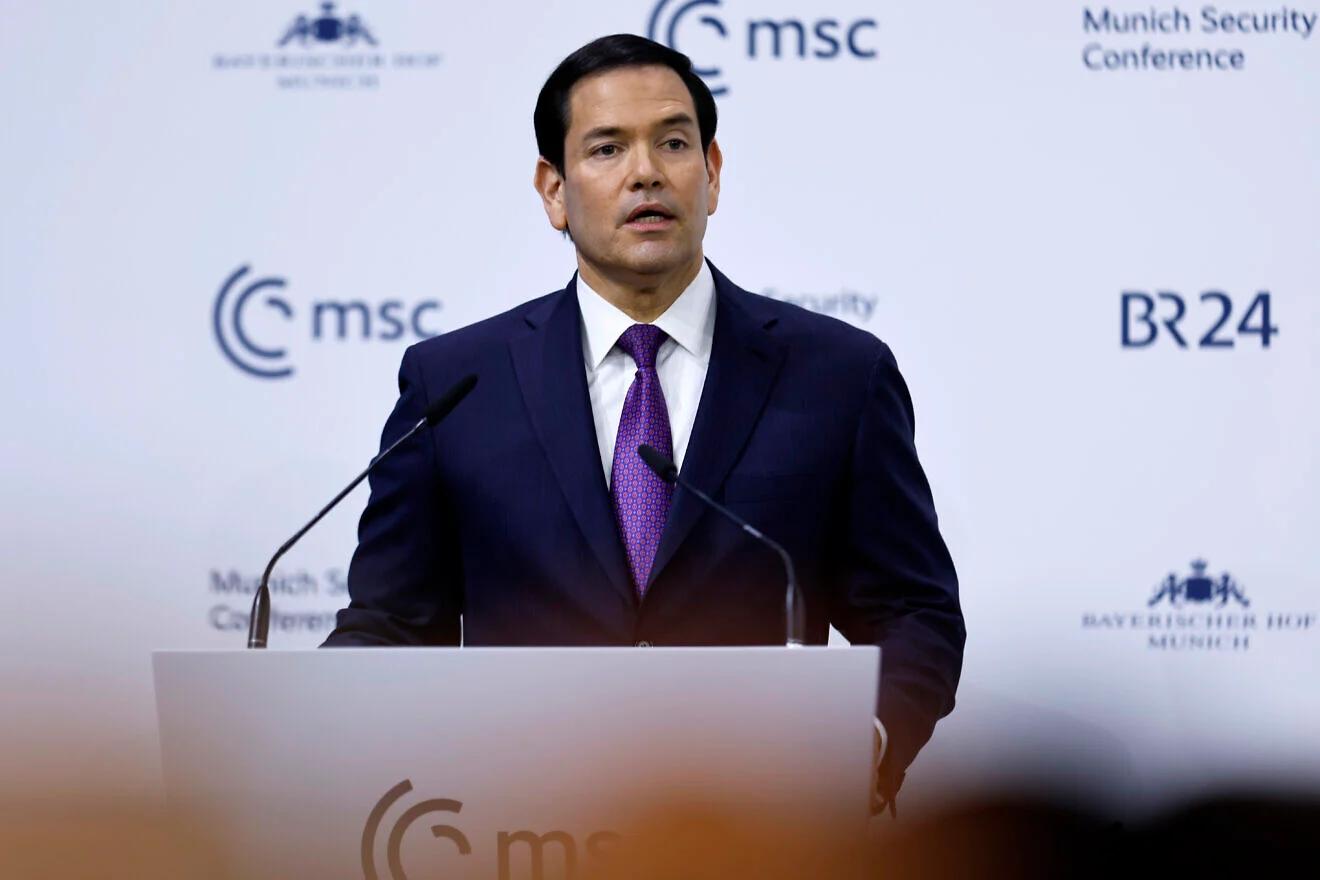Big Banks Exiting the Net-Zero Banking Alliance. Will the Solution Follow the Pattern of the NZIA With a Hail Mary Style Rescue From the UN?
Key Impact Points:
- Net-Zero Banking Alliance (NZBA): Major U.S. banks, including Bank of America, Citigroup, and Morgan Stanley, have exited the UN-backed coalition amid growing political scrutiny and allegations of anti-competitive practices.
- Historical Parallel: The NZBA’s struggles echo the collapse of the Net-Zero Insurance Alliance (NZIA) in 2024, which faced similar challenges before being restructured by the UN into the Forum for Insurance Transition to Net Zero (FIT).
- Need for Leadership: Experts emphasize the failure of voluntary commitments and the necessity of stronger state-level leadership and regulation to maintain climate progress and economic stability.
The NZBA’s Membership Exodus
The Net-Zero Banking Alliance (NZBA), launched to align financial institutions with global climate goals, is facing a major setback as prominent members like Bank of America, Citigroup, and Morgan Stanley have left the coalition. These exits follow similar moves by Goldman Sachs and Wells Fargo in recent months.
In response to their departures, Citi stated its commitment to its internal net-zero goals, focusing on addressing barriers to mobilizing capital for low-carbon transitions in emerging markets.
A Citi spokesperson added, “We will continue to support the Glasgow Financial Alliance for Net Zero [GFANZ],” which oversees several climate-focused coalitions, including the Net-Zero Banking Alliance.
Bank of America expressed a similar sentiment, noting its continued work with clients and its alignment with GFANZ.
Morgan Stanley also reiterated its commitment to decarbonization, with a spokesperson stating, “We aim to contribute to real-economy decarbonization by providing our clients with the advice and capital required to transform business models and reduce carbon intensity.”
Political Scrutiny and GOP-Led Probes
The NZBA has been under intense political pressure, particularly from Republican leaders who have scrutinized ESG policies. GOP-led probes have accused Net-Zero Banking Alliance members of undermining industries like agriculture and oil through net-zero pledges, citing potential anti-competitive practices.
This scrutiny mirrors the challenges faced by the Net-Zero Insurance Alliance (NZIA) before its dissolution. In 2023, the NZIA saw major insurers like Allianz, AXA, and Munich Re exit the alliance, leading to its eventual restructuring under UN leadership into the Forum for Insurance Transition to Net Zero (FIT).
Lessons from the NZIA Collapse
The NZIA’s collapse highlighted the vulnerabilities of voluntary net-zero alliances. Accusations of anti-competitive behavior and pressure from U.S. anti-sustainable finance movements exposed the need for better frameworks and state-level regulation.
Under UN leadership, the NZIA was restructured into FIT, which prioritized clear metrics, transition plans, and collaboration with regulators and stakeholders. This approach may offer a blueprint for addressing the NZBA’s challenges and restoring trust in net-zero coalitions.
Related Article: Why Goldman Sachs Exits Net Zero Banking Alliance Following Asset Group’s Leaving of Climate 100
The Path Forward for Climate Alliances
The exits of major banks raise concerns about the effectiveness of voluntary coalitions in driving meaningful climate action.
Vanessa Fajans-Turner, executive director of Environmental Advocates NY, noted, “These exits reveal the inadequacy of voluntary commitments and underscore the urgent need for state-level leadership and regulation to protect state and national climate progress and economic stability.”
As history with the NZIA shows, a UN-led restructuring may become necessary to preserve the NZBA’s mission and credibility. Whether the Net-Zero Banking Alliance will follow the NZIA’s path to reinvention remains to be seen, but the urgency for stronger, regulated climate commitments has never been clearer.

 Follow SDG News on LinkedIn
Follow SDG News on LinkedIn











